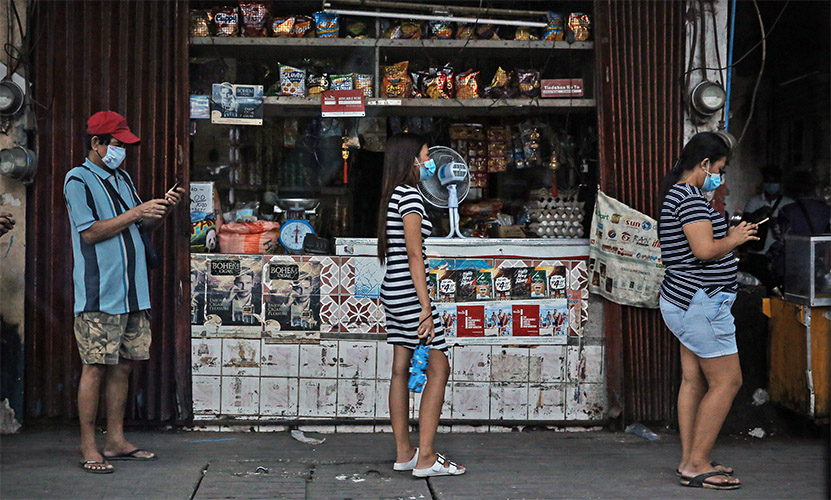In the lead up to this year’s World Immunization Week, which takes place April 24-30, Senator Win Gatchalian called on Local Government Units (LGUs), especially the barangays, to ensure that immunization services are not compromised despite the COVID-19 pandemic.

Gatchalian said that in planning COVID-19 measures and responses, the government should consider minimizing the risk of mortality if immunization services continue. He, however, emphasized that in providing immunization services, social distancing and infection control procedures should be properly maintained.
Last year, the United Nations Children’s Fund (UNICEF) estimated that there were 2.9 million unvaccinated Filipino children who remain vulnerable to life-threatening diseases. The previous year also saw an outbreak of measles and polio in the country. Immunization rate in the past years declined from 88 percent in 2013 to 73 percent in 2017 and among the causes of this drop were public hesitancy, vaccine stock-outs, shortage of trained workers, and accessibility of far-flung areas.
“Ang pagpapabakuna sa mga sanggol ang isa sa mga una at pinakamahalagang hakbang upang pangalagaan ang kalusugan ng mga kabataan. Hindi natin dapat pabayaan ang pagpapabakuna ngunit dapat nating ‘tong gawin sa isang ligtas at mabisang paraan, lalo na’t patuloy ang banta ng COVID-19 sa ating bansa,” said Gatchalian, Chairman of the Senate Committee on Basic Education, Arts and Culture.
The Department of Health (DOH)’s Department Circular 2020-0167 states that the COVID-19 pandemic does not remove the daily requirement for essential health services such as routine immunization for children 0 to 12 months. Gatchalian emphasized that the proximity of barangay health centers allow them to deliver vaccination services in communities.
Republic Act 10152 or the “Mandatory Infants and Children Health Immunization Act of 2011” provides that basic immunization shall be given for free at government hospitals and health centers to infants and children up to five years old. The Expanded Program on Immunization (EPI) also requires health centers to have at least one staff trained on the Reaching Every Barangay (REB) strategy, which aims to improve access to routine immunization.
In the absence of mass immunization activities, alternative strategies such as mobile service and outreach activities can also be explored.
Aside from infants, children, and adolescents, Gatchalian also emphasized the need for continued vaccination for senior citizens. Republic Act 9994 or the “Expanded Senior Citizens Act of 2010” provides that indigent senior citizens are entitled to free vaccination against influenza, a disease which has similar symptoms with COVID-19.


